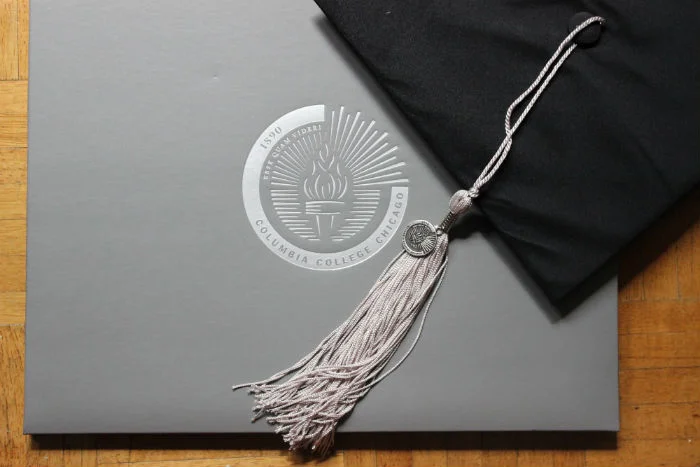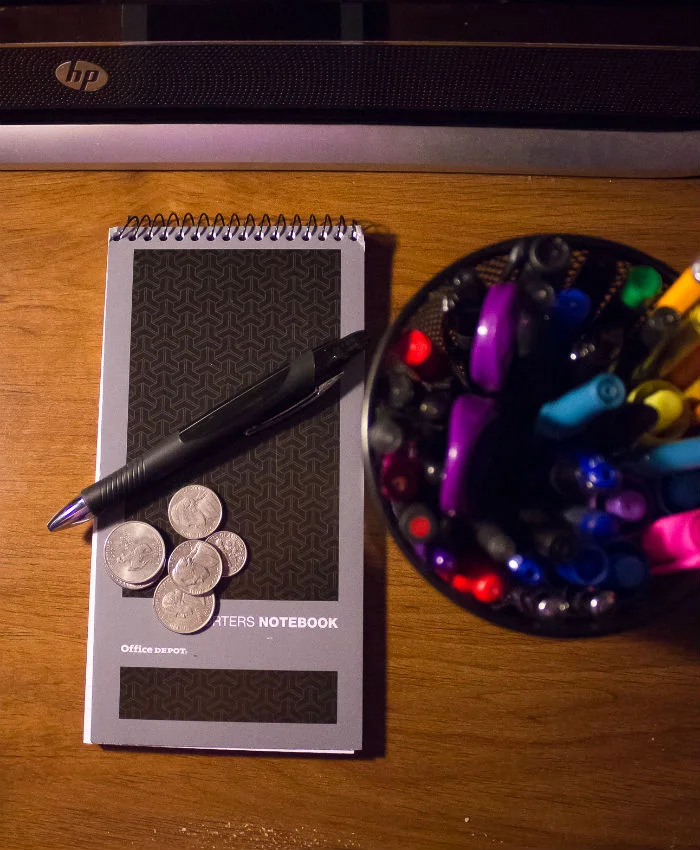Freelancers, know your worth
I recently had a story idea regarding black-owned banks that I wanted to pitch to a national outlet. I pitched it to a couple of outlets one at a time. Though one outlet declined, the other one enthusiastically wanted the story for their website. I was excited by the possibility of adding another big-name magazine to my portfolio.
But there was one catch. After sending them a few of my clips as they requested, including those from The New York Times, the editor said the outlet could only pay me a $50 freelancer’s fee, or I could submit the story as a contributor for no pay at all.
Once again I found myself upset and happy simultaneously. On one hand, the exposure would have been great for my portfolio and social media platforms; however, the obscenely low amount of money wouldn’t have made a dent in my monthly expenses. I asked them to reconsider their fee and requested payment of several times that amount. I assured them that by paying me a larger amount than originally agreed upon would ensure that they’d be getting a high-quality story. And I added that though the increase may have sounded like a lot, it was much lower than the rate of other, national publications … I never heard back. For me, that was just fine.
Some writers are reading this and thinking that it’s a mistake to turn down work or ask for more money early in your career.
I strongly disagree.
Publications continue to grapple with the double-whammy of the Internet stripping away traditional, print advertising dollars and greater competition for audiences. Some have implemented online paywalls to bring in more revenue, while others have begun reducing staff and slashing freelance budgets.
And yet, I will continue seeking proper compensated for my work. Why? Because as a professional, I have to charge what I’m worth.
There has been an ongoing dialogue surrounding equal pay in the workplace for full-time workers, particularly concerning the wage gap for women and minorities. But given that I’m a Black woman who is building a freelance business, I at times feel like I have to be more conscious of my freelance wages. I’m not suggesting that you overcharge for your work, but I do believe it’s important for independent creatives to earn enough to make a comfortable living off of their art, regardless of their age, race, gender, etc.
Freelancers should be just as aware of how to get proper compensation as full-time employees are. In fact, even more so, because they are responsible for fees traditionally handled by employers such as health care, insurance, travel, supplies, and so on.
I’m not always successful in negotiating a higher rate, so I won’t pretend to be an expert on the subject. In fact, more often than not, I don’t get the increase that I request. But when I do get a pay bump for a story I’ve put a lot of work into, it feels good. And it reminds me of the money left on the table if I hadn’t asked for a raise in the first place.
Business, like everything else in life, is about choices. In the beginning, if you choose to accept lower rates, that’s up to you. You may feel that because your portfolio is lacking, you cannot demand more compensation for your work. And to an extent, that’s true.
But consider this. Say you don’t ask for a modest increase of $25 or $50 per story or an extra $0.25 per word. By not getting a sense of how much a publication can afford, you’re potentially leaving money on the negotiating table for another independent contractor to claim. If you do ask and the editor declines, it’s up to you assess whether doing the story will be good for your portfolio, or whether you should take the piece elsewhere for more money and perhaps more exposure.
Though I’m still disappointed that I had to walk away from one negotiation, I thought back to a moment when I asked for one of my best clients for a rate increase on a longer, more detailed story. The outlet—with which I still have a great relationship—didn’t increase my rate across the board, but they gave me double my typical rate for the longer piece. That extra cash went toward reporter notebooks, a new, steel file cabinet and other supplies for my workspace. (Oddly enough, it felt like going back to school shopping, which I enjoyed because I’m proud of my geekiness).
That may not sound like much, but working hard for what I want, being paid what I deserve and savoring the fruit of my labor is everything to me.
What are your thoughts on negotiating rates? Leave a comment or email me at contact@thefreelancebeat.com!





